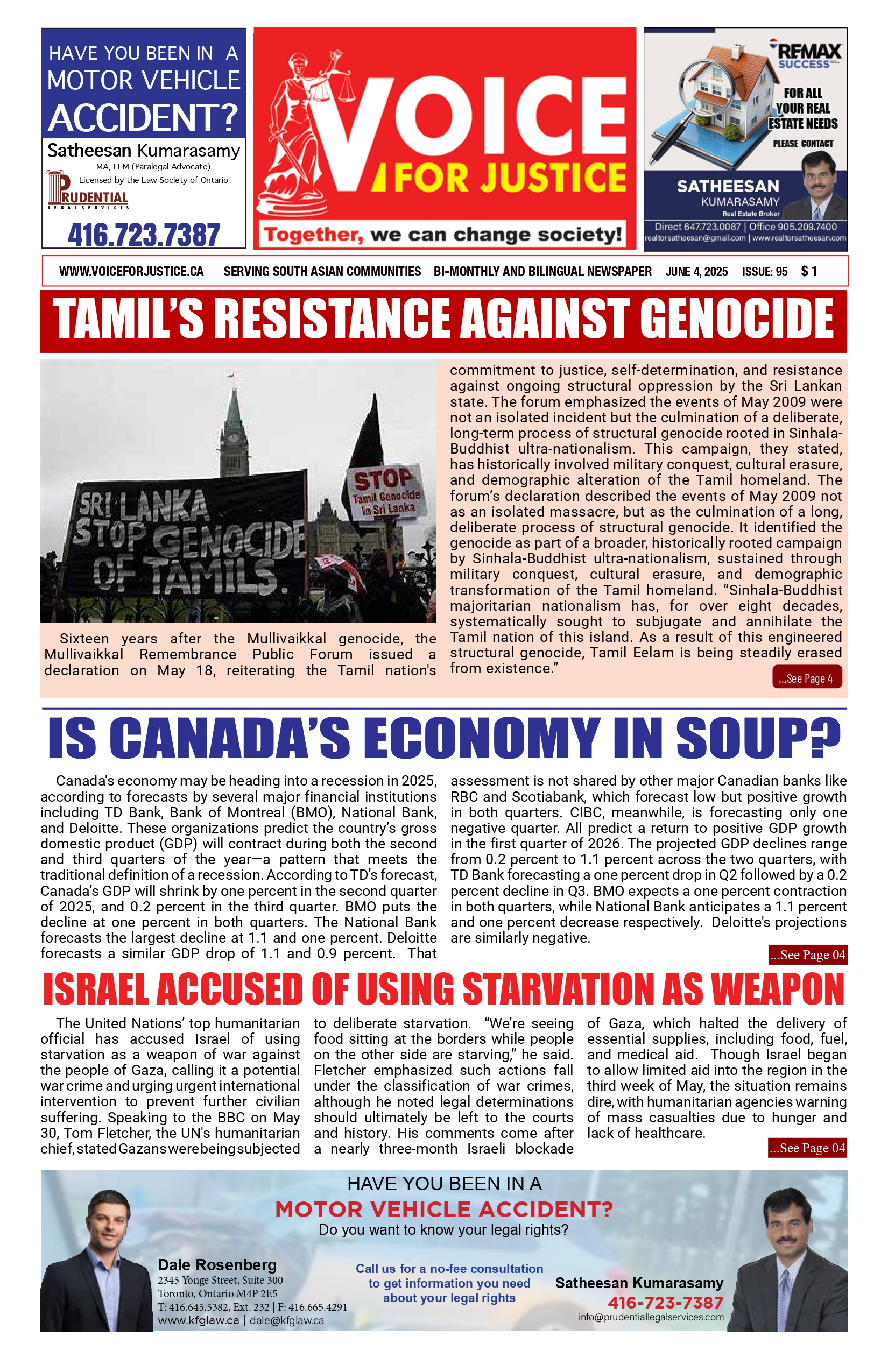Court dispute between First Nations and Métis Nation of Ontario highlights longstanding issues
21-May-2023An ongoing court battle between the Métis Nation of Ontario (MNO) and several First Nations is highlighting longstanding conflict over recognition of Métis communities and rights.

An ongoing court battle between the Métis Nation of Ontario (MNO) and several First Nations is highlighting longstanding conflict over recognition of Métis communities and rights.
After the MNO signed a self-government agreement with the federal government in February, several First Nations groups said they were worried about how the deal could affect their communities. The agreement is supposed to lead to a self-government treaty between the MNO and Canada within the next two years.
The Wabun Treaty Council (WTC), representing six First Nations in northeastern Ontario, filed a judicial review to have the MNO's self-government deal thrown out.
Daniel Voth, an associate professor in the department of political science at the University of Calgary, said the MNO's self-government agreement, and First Nations' reaction to it, exposes a number of longstanding issues.
Ontario's recognition of the six historic Métis communities identified in 2017 is at the root of the issue for some First Nations.
The RHW's research said the move by the province "provided the MNO with de facto veto power over land-based projects and territorial negotiations involving First Nations" by requiring them to consult with the MNO on issues like "economic development, mining and infrastructure licensing, specific land claims and treaty land entitlement negotiations."
Similarly, a court filing by the abun Treaty Council said the MNO's self-government deal poses an existential threat to the constitutionally protected rights of the First Nations.







